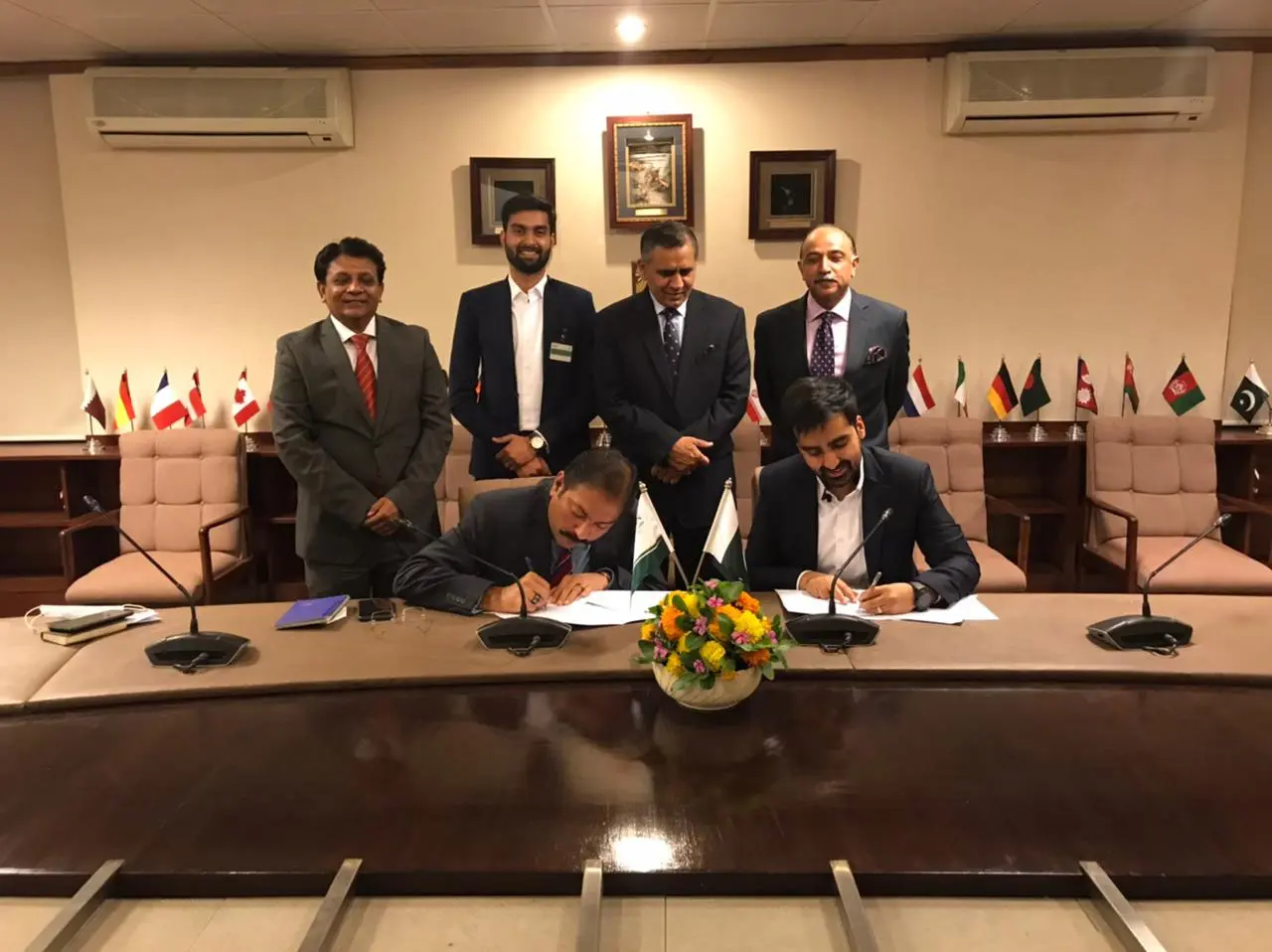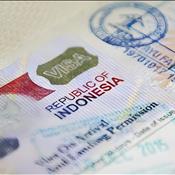
The much-anticipated PIA privatization has hit another snag, with the Pakistani government announcing a delay in the timeline. This development casts further uncertainty over the future of PIA airline and its operations. This article delves into the details of the extended PIA privatization process, the reasons behind the delay, and the potential implications for PIA flights and the aviation sector.
Pakistan's efforts to privatize Pakistan International Airlines (PIA) will extend beyond the initial target date. The government has confirmed that the PIA privatization, initially slated for completion by July 2025, will now conclude by December 2025.
Muhammad Ali, Adviser to the Prime Minister on Privatisation and Chairman of the Privatisation Commission, announced the revised timeline. The decision to extend the PIA privatization deadline addresses concerns raised by airline unions and industry stakeholders. The revised plan includes safeguards for employee rights and service continuity.
To provide clarity on the way forward, the government has outlined the key stages of the extended PIA privatization process:
- A fresh Expression of Interest (EoI) will be published in the last week of April 2025, inviting fresh bids from prospective buyers.
- Potential investors will have the opportunity to assess PIA airline's assets and balance sheet in July 2025.
- The evaluation of bids is scheduled to take place in September 2025.
- The PIA privatization process is now expected to be completed by December 2025.
The PIA privatization journey has been marked by significant challenges and setbacks, highlighting the complexities involved in restructuring and selling the national carrier.
Pakistan's previous attempt to privatize PIA airline last year ended in a near collapse. The government received only one offer, which fell significantly short of the asking price of over USD 300 million. This failure underscores the deep-rooted financial and operational issues plaguing PIA airline.
The extension of the PIA privatization deadline is not an isolated incident but rather a continuation of a pattern of delays. These delays can be attributed to a combination of factors:
- PIA airline has been burdened by years of losses and mounting debt, making it a less attractive proposition for potential investors.
- Determining the fair market value of PIA airline has been a contentious issue, contributing to delays in the privatization process.
- Potential bidders have expressed reservations about various aspects of PIA airline, including its financial health, operational inefficiencies, and legacy issues.
- The PIA privatization is a politically charged issue, with concerns about job security, national pride, and the potential impact on PIA flights.
In an attempt to overcome these hurdles and make PIA airline more appealing to investors, the Pakistani government has implemented several measures:
The government has taken steps to offload a substantial portion of PIA airline's legacy debt and transfer it to government books. This move aims to improve PIA airline's financial standing and alleviate concerns among potential bidders regarding the airline's liabilities. The privatization ministry believes that this debt restructuring addresses a major obstacle that led to the failure of the previous privatization attempt.
The government is also in the process of revising the pre-qualification criteria for potential bidders. This revision may involve adjustments to the financial capacity and technical expertise required of interested parties. The reference price for PIA airline is also subject to revision, taking into account the latest financial assessments and the restructured balance sheet.
The PIA privatization has far-reaching implications for the future of PIA flights, both domestically and internationally.
Private ownership is expected to bring greater operational efficiency to PIA airline, potentially leading to improved punctuality and reduced delays for PIA flights. Privatization could pave the way for improvements in customer service, in-flight amenities, and the modernization of the PIA flights fleet. Private investors may be more inclined to invest in expanding PIA flights to new routes and destinations, increasing connectivity and market share. The primary goal of PIA privatization is to ensure the long-term financial viability of PIA airline, thereby securing the future of PIA flights.
However, the PIA privatization also raises concerns about potential challenges:
- A private owner might choose to streamline PIA flights, potentially leading to the reduction or elimination of less profitable routes, particularly domestic ones.
- The need to generate profits could lead to an increase in ticket prices for PIA flights, making air travel less affordable for some passengers.
- The transition to private ownership could result in job losses within PIA airline as the new owners restructure the organization.
- The privatization process itself could cause temporary disruptions to PIA flights due to changes in management and operational procedures.
The Pakistani government's decision to pursue PIA privatization is rooted in its broader economic reform agenda.
The PIA privatization is a key component of the government's efforts to reform state-owned enterprises, a condition set by the International Monetary Fund (IMF). The IMF has been urging Pakistan to privatize loss-making entities to reduce the burden on the national treasury and improve economic efficiency. The government sees PIA privatization as crucial for meeting its obligations to the IMF and securing further financial support.
PIA airline has been a significant drain on public finances, requiring substantial government subsidies to cover its operational losses. By privatizing PIA airline, the government aims to free up resources that can be allocated to other critical sectors, such as education, healthcare, and infrastructure.
The government hopes that private ownership will inject greater efficiency into PIA airline's operations. Private sector management is typically more focused on cost control, revenue generation, and customer satisfaction, which can lead to improved performance. The PIA privatization is expected to result in better management practices, streamlined processes, and increased competitiveness for PIA airline.
Despite the challenges and previous setbacks, there are indications of renewed interest from potential investors in acquiring PIA airline.
Recent reports suggest a growing interest from major business groups in the PIA privatization process. This renewed interest could be attributed to the government's efforts to address past concerns and present a more attractive investment opportunity. However, the success of the PIA privatization hinges on securing viable bids and reaching a favorable agreement with investors.
In addition to the privatization of PIA airline itself, the government is also exploring the sale of assets owned by the airline, such as the Roosevelt Hotel in New York City.
The Privatisation Commission Board has discussed the potential privatization of the Roosevelt Hotel, a valuable asset owned by PIA airline. The board is seeking expert advice from a financial advisor to determine the optimal strategy for the hotel's privatization. Options under consideration include a direct sale of the hotel or a joint venture with a leading developer, which could potentially generate higher returns.
| Topic | Details |
|---|---|
| Privatization Target | Pakistan International Airlines (PIA) |
| Original Deadline | July 2025 |
| Revised Deadline | December 2025 |
| Privatization Method | Divestment of 51% to 100% of PIA shares with management control |
| Key Stages | Expression of Interest, Investor Assessment, Bid Evaluation |
| Previous Attempt | Failed due to low bid and investor concerns |
| Government Actions | Debt offloading, revision of pre-qualification criteria |
| Potential Benefits | Improved efficiency, service, and financial stability for PIA airline |
| Potential Risks | Route cuts, fare increases, job losses |
| Other Assets | Privatization of PIA-owned Roosevelt Hotel under consideration |
More Travel News
-
 20-Jul-2019Dino Safari for families is really a haunted place
20-Jul-2019Dino Safari for families is really a haunted place -
 22-Jun-2020Dubai Government Announces Resumption of Tourism From July 7th
22-Jun-2020Dubai Government Announces Resumption of Tourism From July 7th -
 05-Sep-2024CAA Issues New Guidelines to Resolve Passenger Boarding Challenges
05-Sep-2024CAA Issues New Guidelines to Resolve Passenger Boarding Challenges -
 17-Sep-2024Will 2024 break last year record of highest number of Umrah pilgrims?
17-Sep-2024Will 2024 break last year record of highest number of Umrah pilgrims? -
 17-Dec-2019Pakistan is the most Favorite destination for tourists in 2020
17-Dec-2019Pakistan is the most Favorite destination for tourists in 2020 -
 17-Sep-2019How to Apply for Online Umrah Visa in Pakistan
17-Sep-2019How to Apply for Online Umrah Visa in Pakistan -
 12-Feb-2025Government Hajj Scheme 2025: Final Installment of Remaining Hajj Dues (6th Feb to 14th Feb, 2025)
12-Feb-2025Government Hajj Scheme 2025: Final Installment of Remaining Hajj Dues (6th Feb to 14th Feb, 2025) -
 06-Sep-2023Indonesia Launches Golden Visa Program to Attract Foreign Investors
06-Sep-2023Indonesia Launches Golden Visa Program to Attract Foreign Investors
